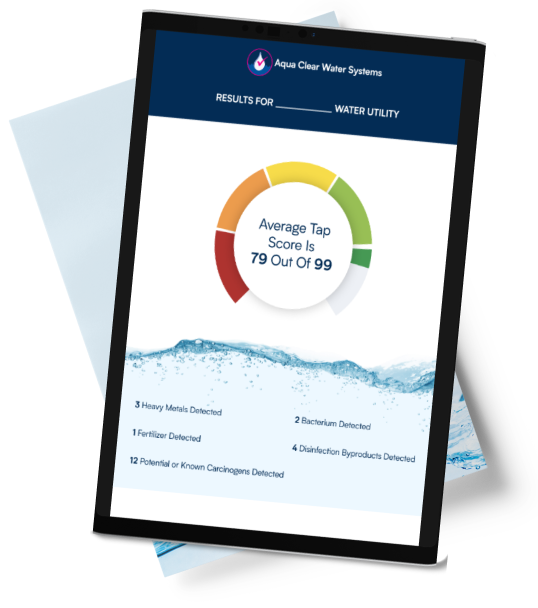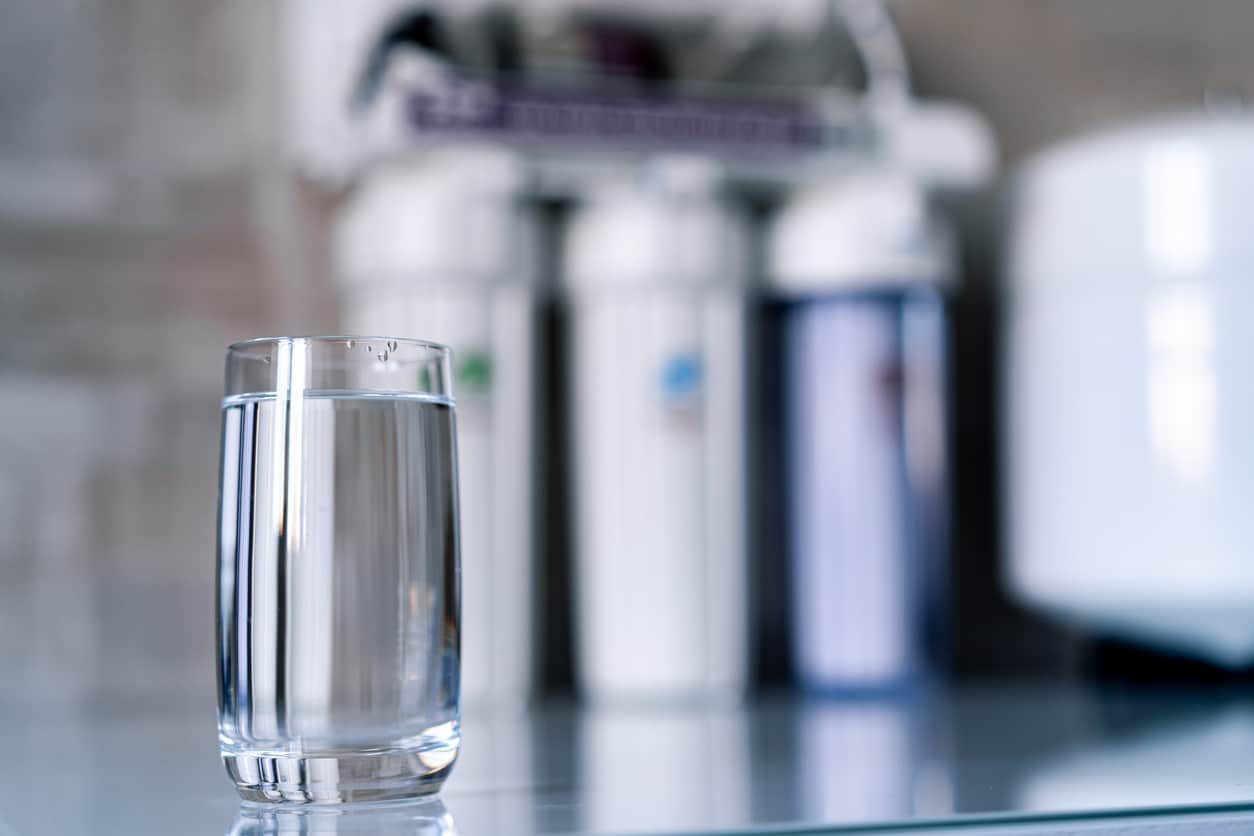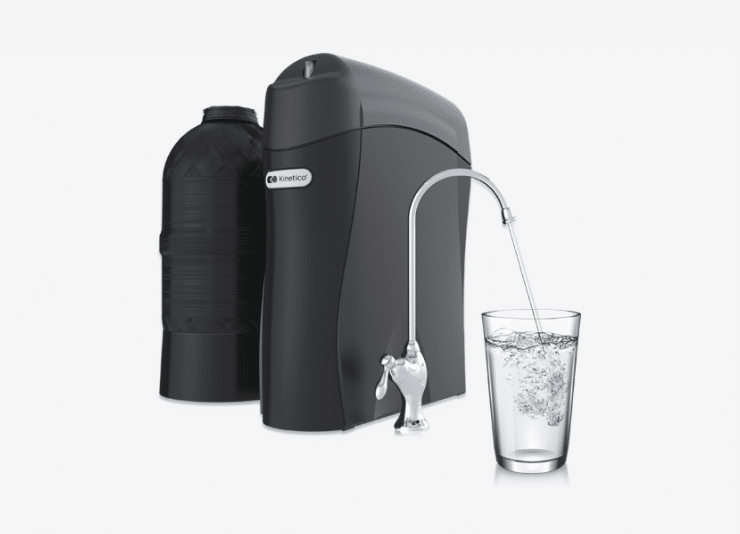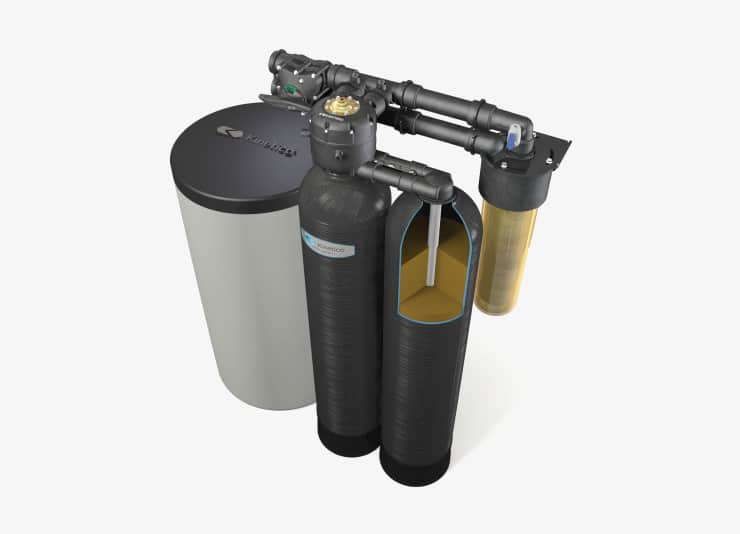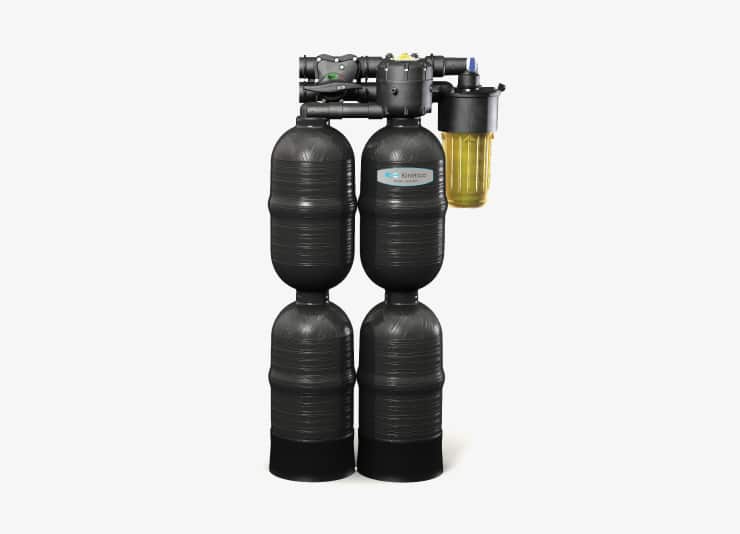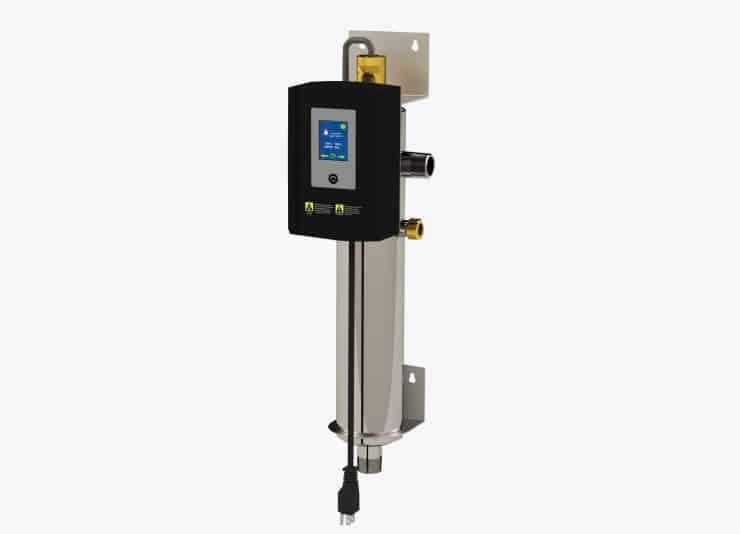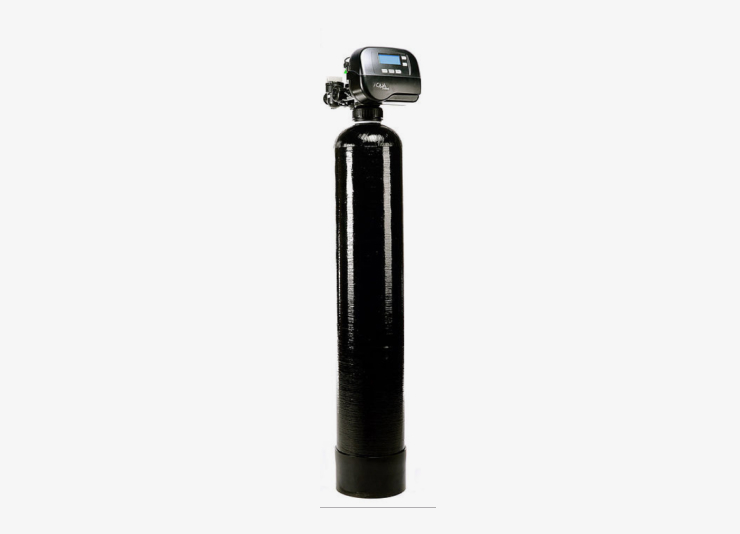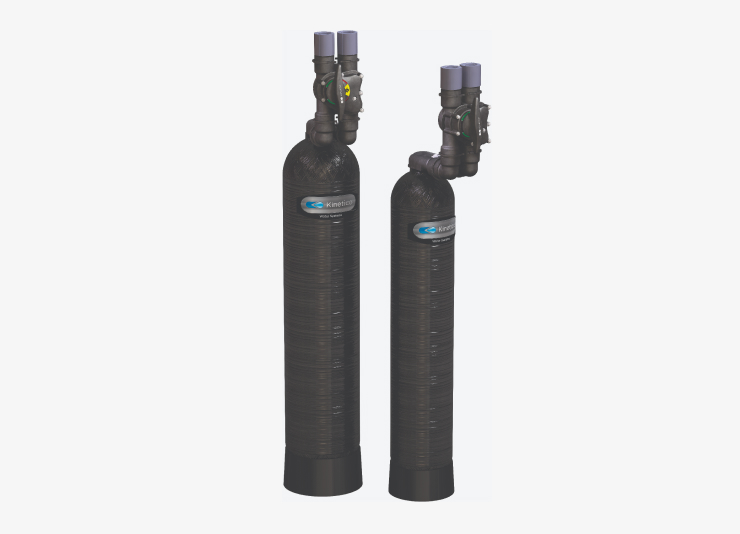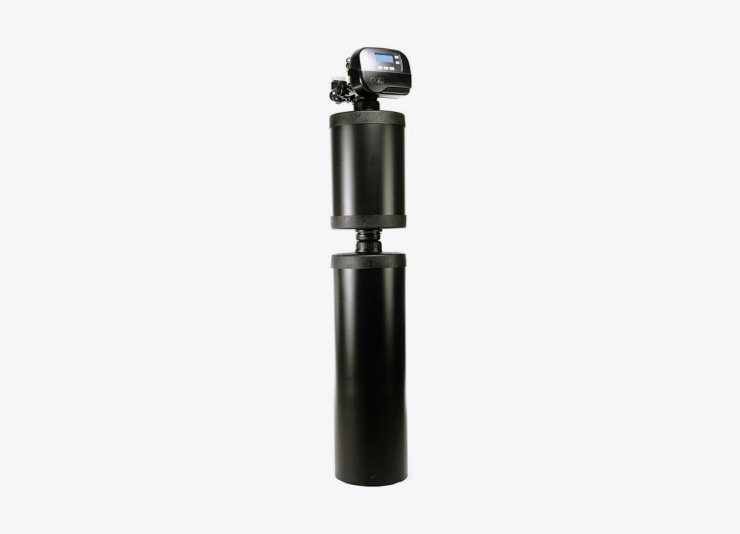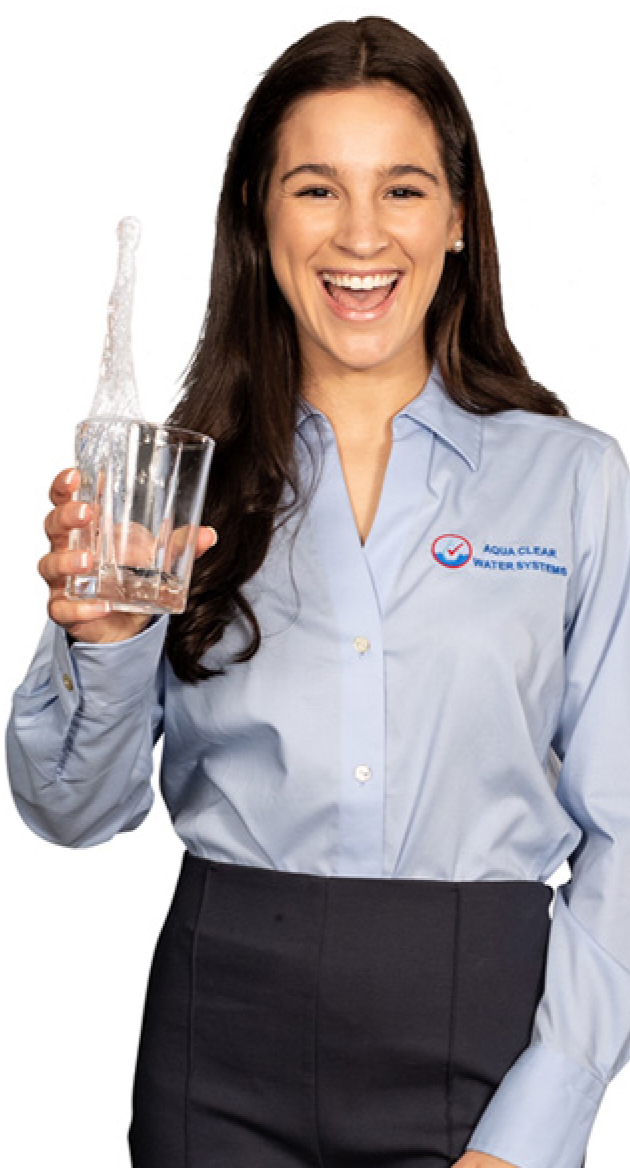What Does a Water Softener Remove?
The difference between hard and soft water is more complex than the terms might initially appear. 'Hard' water describes water that's run through rocks, collecting minerals along the way. Consequently, hard water contains micro-quantities of minerals: primarily calcium and magnesium. For this reason, many people can acutely taste the difference between hard and soft water. However, only about 15% of the USA and 35% of the UK have naturally occurring soft water.
Though hard water is perfectly safe to consume and use, many people choose to invest in household water softeners. What water softening does is remove the calcium and magnesium from the water, causing it to lose its 'hardness'. However, removing the minerals is a useful process for a few reasons.
Does a Water Softener Remove Minerals?
A water softener removes minerals through a complex process of ion exchange that strips the water of its minerals, allowing softened water to flow freely into your household water supply. The minerals such as magnesium and calcium are then safely filtered out and removed by the water home filter.
Do Water Softeners Remove Calcium?
Logistics aside, it's easy to wonder, "do water softeners remove calcium? And will this affect my health?". The answer is no, not at all. The minerals from hard water account for a tiny proportion of the mineral intake of the average person. The vast majority of the minerals that we need are acquired through a healthy and balanced diet. Foods such as cheese, milk, bread and green leafy vegetables provide ample calcium, while magnesium can be acquired from foods such as nuts, seeds, legumes and avocados. If you have doubts about your nutrient levels, it's best to speak to a nutritionist about supplements rather than relying on water hardness.
The Benefits of Soft Water
At this point, you may be wondering why it's worth installing water softener systems for homes and what the advantages are. Several long and short-term benefits to softening water make a high-quality water softener an excellent investment.
Firstly, many people prefer the taste of softened water, finding it to have a more neutral flavour. Bottled water is always soft, so you can expect softened household water to have a similar taste.
Moreover, softened water is also excellent for hair and skin care. Soft water makes cleaning and rinsing easier, and the absence of minerals means it's less likely to clog the pores of your skin.
However, the real advantage of softened water is that it doesn't leave mineral deposits in your appliances and pipes. Hard water tends to leave spots on dishes - but it does worse things to your pipes. Over time, minerals build up, causing irreversible damage to your household plumbing. Mineral buildups also cause your appliances to run less efficiently, costing more money and reducing their lifetime. Therefore, the cost and effort of installing a water softener are insignificant compared to the damage that long-term use of hard water can inflict.
Though hard water is perfectly safe, water conditioning could be an excellent option. If you are interested, you can usually Google water softner company near me to find someone who can help you with getting softer water in your home or business.


$200 OFF Any Water System Installation
You’re one step closer to your water solution!
*Cannot be combined with any other offer


